Search
Search Results
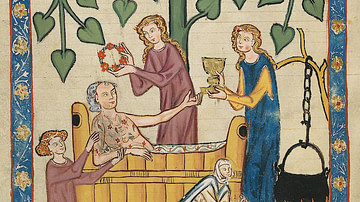
Definition
Medieval Hygiene
People in the Middle Ages have acquired something of a bad reputation when it comes to cleanliness, especially the peasantry. However, despite the general lack of running water and other modern amenities, there were common expectations of...
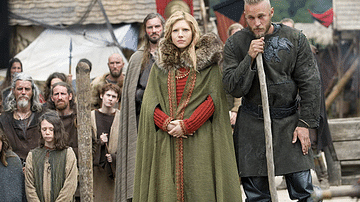
Article
Viking Hygiene, Clothing, & Jewelry
Although the Vikings are routinely depicted as rough, grimy, and violent, they were actually quite refined, took personal hygiene seriously, and wore fine clothes ornamented by jewelry. Some Christian chroniclers who condemned the Vikings...
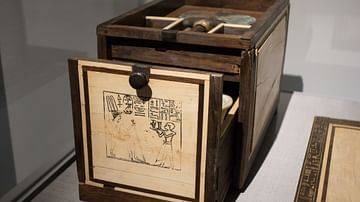
Article
Cosmetics, Perfume, & Hygiene in Ancient Egypt
For the ancient Egyptians life was a celebration, and so, just as one would want to look one's best at any party, personal hygiene was an important cultural value. The Egyptians bathed daily, shaved their heads to prevent lice or other problems...

Video
Hygiene in the Tudor Era (1485 - 1603)- Medieval History - See u in History
Medieval History: Hygiene in the Tudor Era (1485 - 1603)
#Medieval #SeeUinHistory #History

Definition
Germ Theory
The germ theory, which emerged in the late 19th century, demonstrated that microscopic germs caused most human infectious diseases. The germs involved included bacteria, viruses, fungi, protozoa, and prions. Louis Pasteur (1822-1895), a French...

Definition
Black Death
The Black Death was a plague pandemic that devastated medieval Europe from 1347 to 1352. The Black Death killed an estimated 25-30 million people. The disease originated in central Asia and was taken to the Crimea by Mongol warriors and traders...
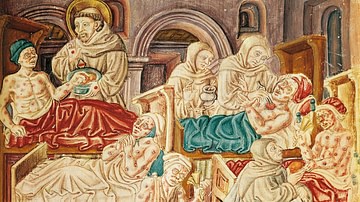
Article
Reactions to Plague in the Ancient & Medieval World
Throughout history, epidemics and pandemics of plague and other diseases have caused widespread panic and social disorder even, in some instances, when the people of one region were aware of a pervasive infection elsewhere. In the case of...

Definition
Medieval Knight
Knights were the most-feared and best-protected warriors on the medieval battlefield, while off it, they were amongst the most fashionably dressed and best-mannered members of society. To reach this elevated position, however, became more...
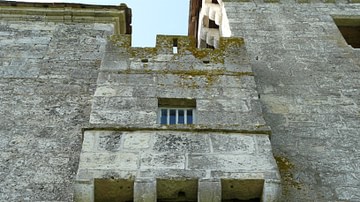
Article
Toilets in a Medieval Castle
The medieval toilet or latrine, then called a privy or garderobe, was a primitive affair, but in a castle, one might find a little more comfort and certainly a great deal more design effort than had been invested elsewhere. Practicality...

Article
Medieval Cures for the Black Death
The Black Death is the 19th-century CE term for the plague epidemic that ravaged Europe between 1347-1352 CE, killing an estimated 30 million people there and many more worldwide as it reached pandemic proportions. The name comes from the...